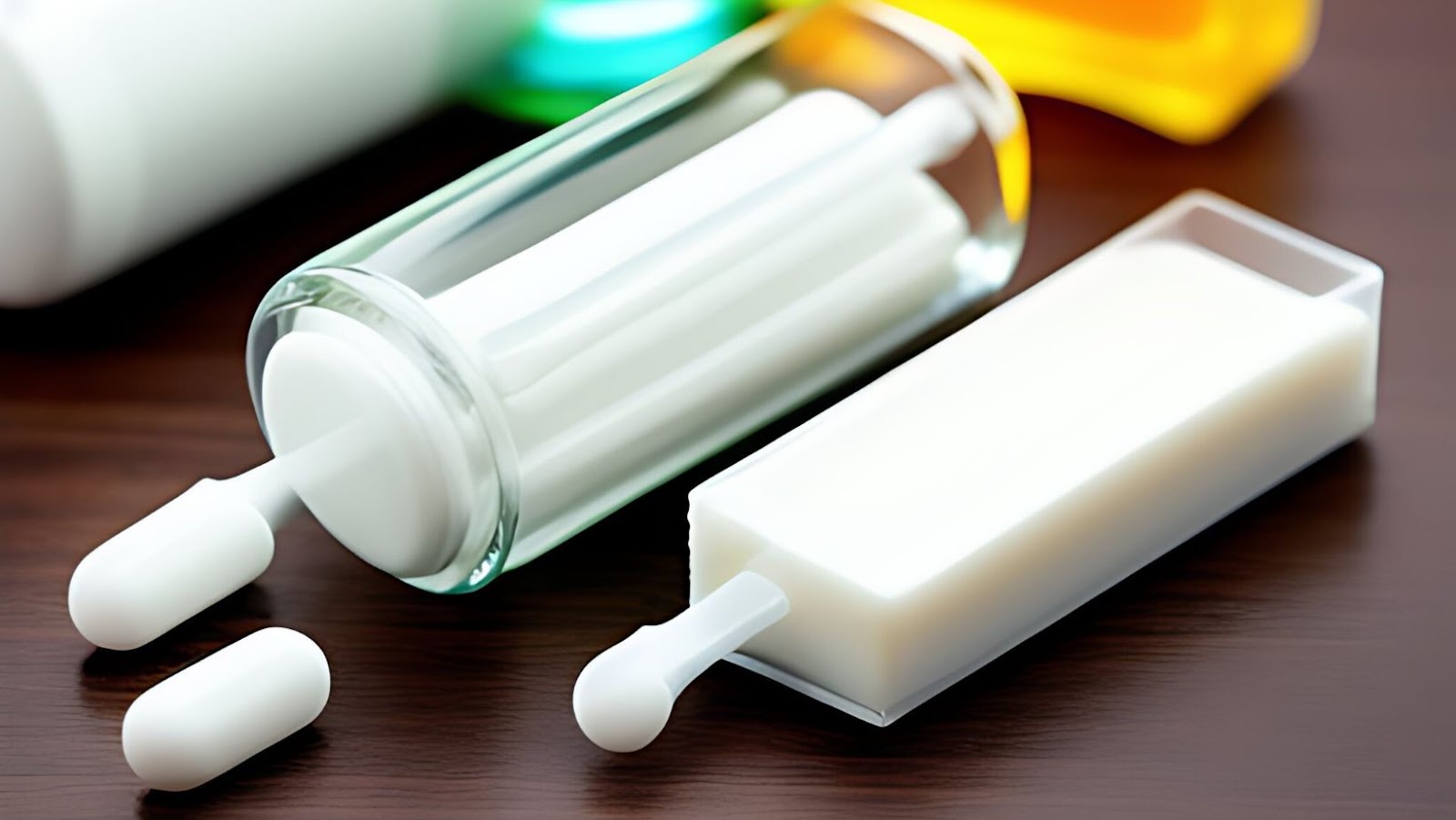
Both Benadryl and Robitussin are over-the-counter medications used for different purposes. Benadryl contains diphenhydramine, an antihistamine that helps relieve allergy symptoms such as sneezing, runny nose, and itching. On the other hand, Robitussin contains dextromethorphan, which is a cough suppressant used to alleviate coughing.
While these medications serve different functions, they can be taken together in certain situations. If you’re experiencing both allergy symptoms (such as sneezing) and a persistent cough due to congestion, combining Benadryl and Robitussin might help address multiple symptoms simultaneously.
However, it’s crucial to consult your healthcare provider or pharmacist before taking any new medications or combining them. They will consider factors like your medical history, current medications, and potential drug interactions to ensure your safety.
Remember that self-medication should always be done cautiously. It’s essential to follow the recommended dosages for each medication and avoid exceeding the maximum daily dose stated on their packaging.
Can You Take Benadryl and Robitussin Together
When considering the simultaneous use of Benadryl and Robitussin, it’s important to take certain safety precautions to ensure your well-being. Here are some key points to keep in mind:
- Consult with a healthcare professional: Before combining any medications, it’s crucial to consult with a healthcare professional who can provide personalized advice based on your specific medical history and current health condition.
- Follow dosage instructions: Both Benadryl and Robitussin come with recommended dosage guidelines. It is essential to adhere strictly to these instructions and avoid exceeding the recommended dose. Taking more than the recommended amount can lead to potential side effects or interactions between the two medications.
- Be aware of potential interactions: While Benadryl (an antihistamine) and Robitussin (a cough suppressant) are generally safe when used as directed, there is still a possibility of drug interactions. Certain factors like age, underlying health conditions, or other medications being taken concurrently can influence how these drugs interact within your body.
- Monitor for side effects: It is essential to be vigilant about any adverse reactions while taking Benadryl and Robitussin together. Common side effects may include drowsiness, dizziness, dry mouth, blurred vision, or constipation. If you experience any severe or persistent side effects, seek medical attention promptly.
- Consider alternative options: Depending on your symptoms and medical history, there might be alternative treatments available that do not involve combining Benadryl and Robitussin simultaneously. Exploring these alternatives with your healthcare professional can help determine the most suitable course of action for you.
Remember that these safety precautions serve as general guidelines but should not replace personalized advice from a qualified healthcare professional. Always prioritize their recommendations over internet-based information when it comes to matters concerning your health.
Interactions Between Benadryl and Robitussin
When it comes to taking medications, it’s essential to understand how they may interact with each other. The combination of Benadryl and Robitussin is a common concern for many individuals looking for relief from allergies and coughs. Let’s explore the possible interactions between these two medications.
- Sedation: Both Benadryl (containing diphenhydramine) and Robitussin (containing dextromethorphan) can cause drowsiness as side effects. Taking them together may enhance this sedative effect, leading to increased sleepiness or impaired coordination. It’s important to exercise caution while performing activities that require alertness, such as driving or operating machinery.
- CNS Depression: Combining Benadryl and Robitussin can potentially lead to central nervous system (CNS) depression, characterized by slowed breathing and heart rate. This risk is heightened when higher doses are taken or if other substances like alcohol are consumed simultaneously.
- Dry Mouth: Both medications have anticholinergic properties which can contribute to dry mouth symptoms when taken together. Staying hydrated throughout the day can help alleviate this discomfort.
Dosage Recommendations
To ensure your safety and reduce the risk of adverse effects, it’s crucial to follow recommended dosage guidelines for both Benadryl and Robitussin:
- Benadryl: Take only the recommended dose of Benadryl as directed on the packaging or by your healthcare provider. Avoid exceeding the maximum daily dosage unless instructed otherwise.
- Robitussin: Similarly, adhere to the recommended dosage instructions provided with Robitussin products. Do not exceed the recommended dose unless advised by a healthcare professional.
Remember, it’s always best to consult with a healthcare provider or pharmacist before combining medications, especially if you have any underlying medical conditions or are taking other prescription drugs.











